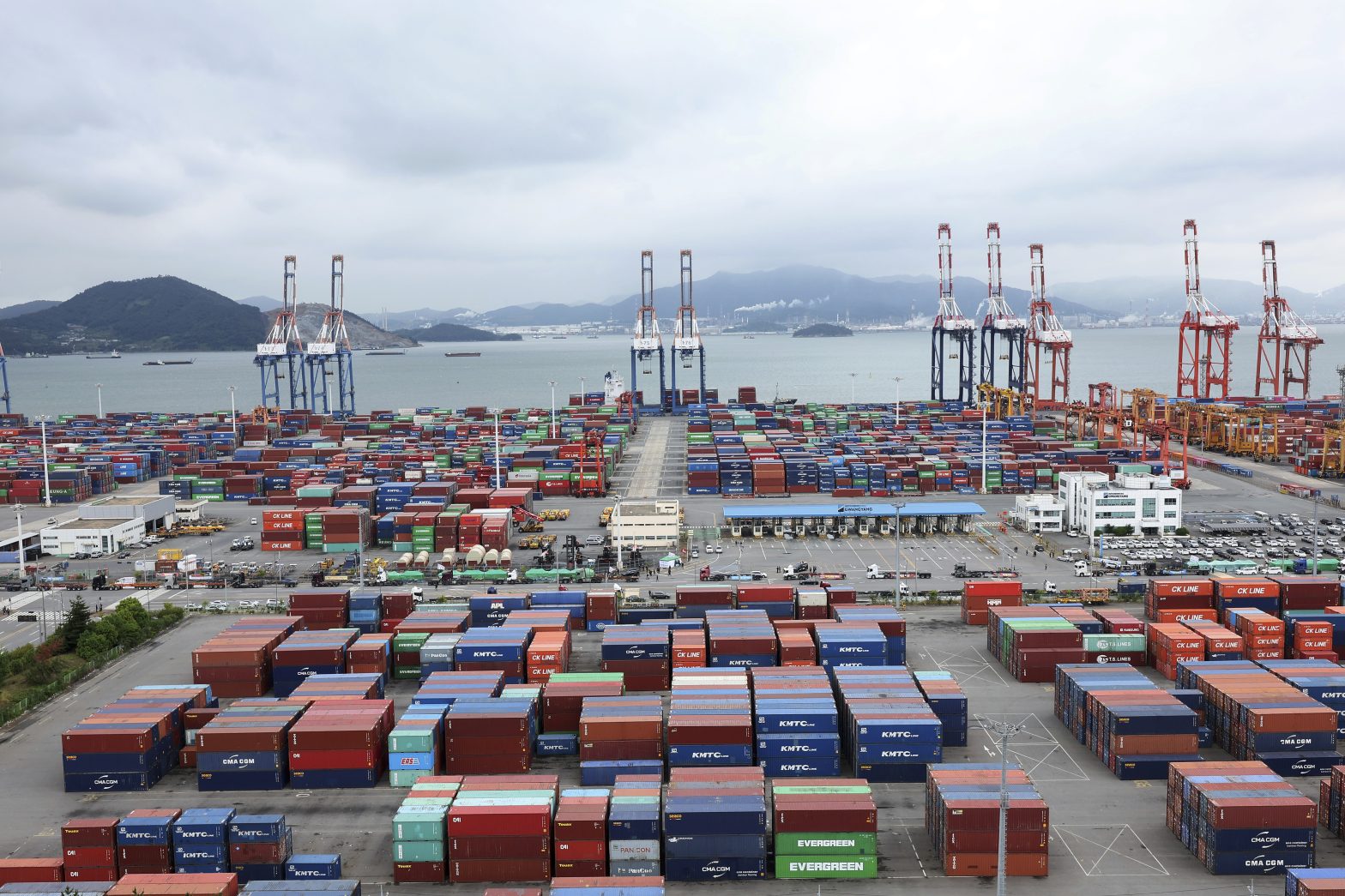America’s Health Care Supply Chain Is on Life Support
COMMENTARY

The world is now seeing its supply chain limits put to the test with multiple struggles happening at once: China’s COVID-19 lockdowns, Russia’s war against Ukraine, the ongoing pandemic’s impacts on labor, and unwanted policies like ending the North American Free Trade Agreement.
In my work as a health care consultant, I see the challenges health care manufacturers in diagnostic testing face in their product supply chains. One of the top issues we face is how to obtain the critical production materials needed to build laboratory equipment. Testing assay shipments — needed for day-to-day testing for patients — has been strenuous. On top of the shortage of raw materials and parts for desperately needed health care products and equipment, the labor crisis has debilitated our once-healthy hospital supply chains.
While everyone talks about the delays in their dishwasher or furniture orders, delays in health care products are rarely noticed by the general public. Health care corporations are working harder than ever to get products to physicians, nurses, and hospitals. “Allocation” has become a word that I dread communicating to my clients because it means waiting for lifesaving products.
America’s health care supply chain is currently on life support. Here’s what I see every day: Health care manufacturers are at the mercy of multiple national and international markets. Materials to make a key product might only be available in a single country, which means any small issue can delay or even stop our supply chain flow. And once you stop, it can take weeks or months to start again.
For example, the raw material phosphorus, which is used to create crucial day-to-day assays, is mainly extracted in countries like China, Russia or Morocco. Two out of the three top suppliers of phosphorus are currently in strict COVID-19 lockdowns or operating during a war. In response, manufacturers are urgently requesting more supply from countries with better trade agreements, like Canada.
Another example is the production of complex products for hospital laboratory equipment, like microchips or semiconductors. Our equipment is dependent on a secure IT system to store crucial medical information and a level temperature stasis so laboratory equipment can run efficiently and safely. These chips are currently only made in Taiwan. Any disruption to Taiwanese production means our supply chain fails and no final product is made. In health care, failures and delays are not an option. I cannot tell my clients to delay testing patients because there is no product. A delay can harm patients’ health — and even kill.
The U.S. Senate just passed a bill backed by the Biden administration that would help alleviate some product supply shortages: the Bipartisan Innovation Act. The BIA would ensure funding for building U.S. semiconductor and microchip production plants. Reshoring manufacturing would strengthen our supply chains and help us get critical health care supplies to hospitals.
Congress needs to pass this bill and send it to the president’s desk for signature so we can start the backfill of product supply and increase the circulation of products U.S. patients urgently need. Failure to pass this legislation could mean life or death for American patients.
Amy Ryan is a health care diagnostic consultant who has been in health care product supply for over 20 years. She has a master’s degree in Health Management and Informatics from the University of Missouri and an undergraduate degree in Health Sciences from Purdue University.
























